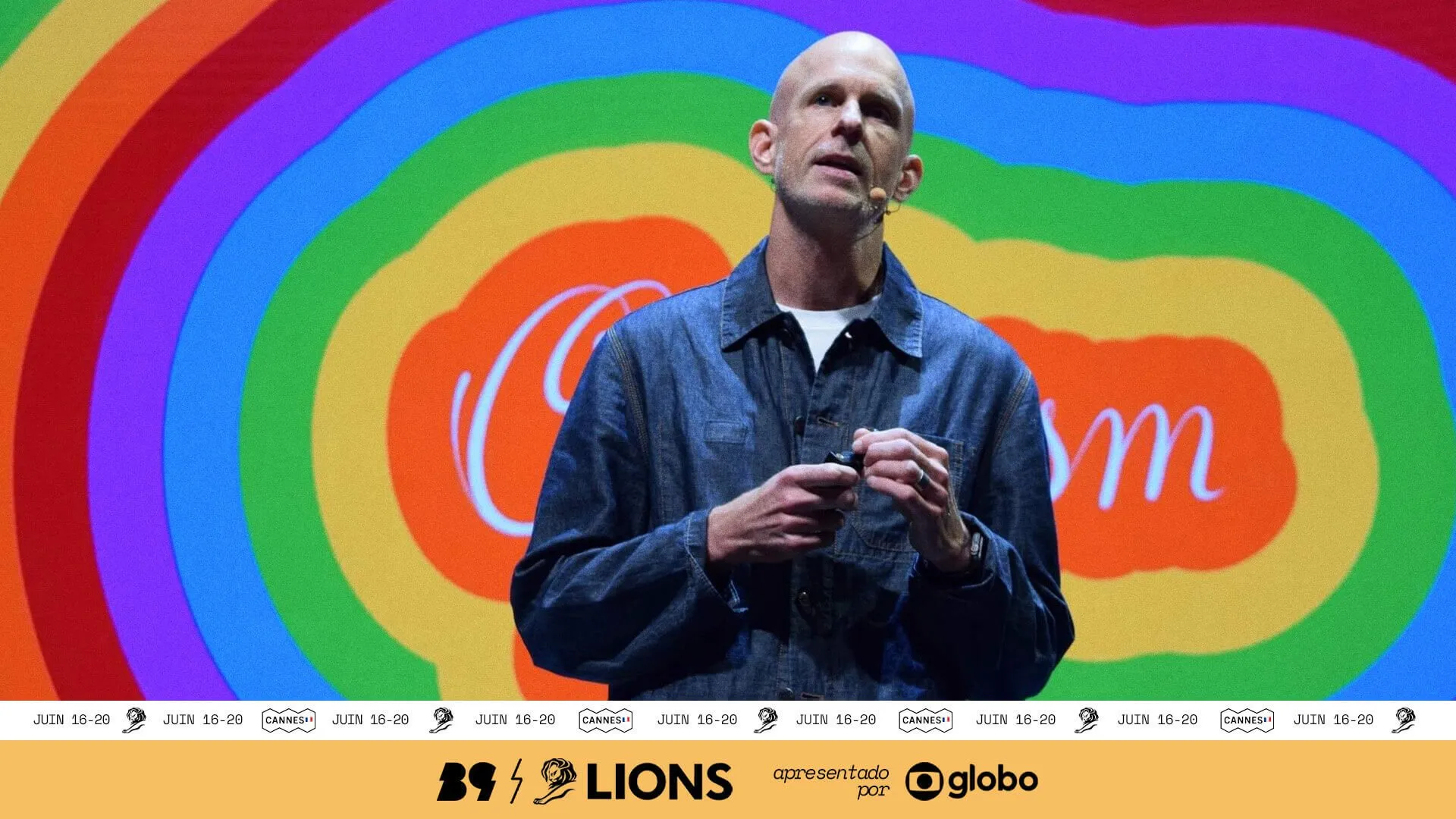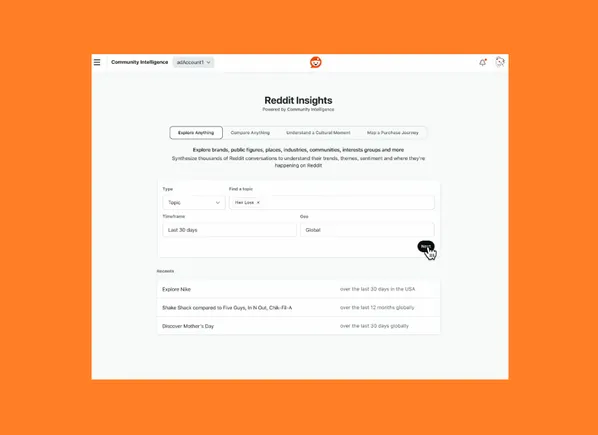Can ESG intelligence solve greenwashing? The role of technology in ensuring transparency
As greenwashing threatens to dilute genuine sustainability efforts, ESG intelligence emerges as a foundational tool for tech-driven businesses. By leveraging technology to verify, track, and disclose environmental and social data, startups can move from performative to proven sustainability.


Sustainability now dominates boardroom strategy and public discourse alike, but its rise has brought with it a crisis of credibility: greenwashing. For India’s fast-growing tech and startup ecosystem, which prides itself on disruption and innovation, the question isn’t whether ESG intelligence matters. It’s whether it can meaningfully counter the crisis of credibility that greenwashing presents.
Understanding the many faces of greenwashing
From ‘100% natural’ snack labels to ‘carbon-neutral’ ads from airlines that don’t disclose offsets, greenwashing now spans industries. It shows up in misrepresented environmental impact, selective disclosure of ESG data, and vague claims that lack measurable proof. From products labelled "eco-friendly" without clear standards to emission reductions claimed without context, the issue cuts across industries and scales.
What makes greenwashing particularly problematic is how it co-opts the very language of sustainability. When companies talk about carbon neutrality, circularity, or social equity without transparent methodologies or third-party verification, public trust erodes. In a tech-first world where data is currency, greenwashing becomes a form of manipulation, creating perception without substance.
Why ESG intelligence is foundational
To move beyond claims, companies need infrastructure. ESG intelligence provides exactly that. It refers to the systems and digital tools that help measure a company’s impact on the environment, its treatment of people, and how it governs itself. For startups, embedding these systems early is not just practical—it is strategic. It becomes part of how they scale, build partnerships, and stay ahead of regulation.
Technology is the enabler. From tracking Scope 1 emissions within facilities, Scope 2 from purchased power, and Scope 3 across suppliers, ESG platforms now make it possible to gather data with precision. Without detailed tracking, supplier transparency, or lifecycle analysis, even well-intended sustainability efforts fall short. But with a digital backbone, companies can present timestamped energy logs, audit-ready records, and supplier data that proves progress. That is how statements become stories backed by evidence.
This shift is becoming non-negotiable. Investors are asking better questions. Customers are demanding visibility. Regulators are tightening the net. With AI, cloud-based tools, and blockchain-led traceability, ESG intelligence is not about optics. It is about building operational credibility. 
Making ESG claims verifiable
Without detailed emissions tracking, supplier-level transparency, and lifecycle assessments, that claim is just a statement. But with a robust, tech-enabled ESG framework, that company can share timestamped data, supply chain inputs, and energy logs.
This is where ESG intelligence plays a decisive role. When startups prioritise verifiability from the outset, they reduce reputational risk and earn deeper trust from investors, regulators, and increasingly informed customers.
India’s regulatory framework is also evolving. The Ministry of Environment, Forest and Climate Change recently revised its Eco-Mark Certification to incorporate lifecycle-based assessments and stricter disclosure requirements. The direction is clear: claims must be grounded in credible data.
Technology alone isn’t enough
ESG tools can automate reporting, but they can’t automate intent. Even the most advanced systems are only as honest as the data they receive. Technology can’t replace integrity; it must reinforce it. Data can be curated to present a flattering picture, systems can be configured to omit inconvenient details, and platforms can be used to mask more than they reveal. That is why technology must operate within a broader ecosystem of accountability.
Frameworks like SEBI’s mandate for Business Responsibility and Sustainability Reports (BRSR) for India’s top listed firms offer a necessary structure. But enforcement, accessibility, and legal deterrents are essential for impact.
Equally important is a shift in how startups think about sustainability. It is not about appearances; it is about embedded principles. ESG intelligence is not a patch. It must be designed into the system.
Role of AI and automation in ESG assurance
AI isn’t just scanning spreadsheets anymore; it’s becoming the co-pilot of ESG strategy. From anomaly detection in supplier emissions data to NLP models that flag vague or unverifiable language in sustainability reports, artificial intelligence is helping bring precision to a space long plagued by ambiguity.
For lean startup teams, automation is a game-changer. ESG data pipelines can pull real-time inputs from energy meters, vendor databases, and logistics systems, reducing manual errors and enabling always-on compliance.
Beyond compliance, AI tools help leadership teams simulate the long-term impact of sustainability decisions. Whether it’s choosing a cleaner supplier or switching packaging materials. ESG intelligence, powered by AI, shifts the narrative from reporting to responsible decision-making.
Reimagining transparency in the startup age
In an ecosystem where speed and scale dominate, the temptation to make bold sustainability claims without evidence is understandable. But the answer is not to pull back. It is to build forward, responsibly. ESG intelligence offers a pathway to do just that.
Startups are in a unique position to embed transparency from day one. Unlike legacy businesses trying to retrofit ESG systems, young companies can design their data architecture, supplier frameworks, and disclosure processes around measurable sustainability. This not only reduces the burden of compliance later but also signals seriousness to the market. By treating ESG as a strategic design choice, not an afterthought, founders can build enduring value.
The road ahead is about clarity over claims, systems over slogans, and proof over perception. Startups that embrace ESG intelligence early will not only avoid the pitfalls of greenwashing. They will help set the new standard for what responsible innovation truly looks like.
Building investor confidence through verified ESG
In today’s venture environment, sustainability is no longer just a public relations talking point. Investors are asking deeper questions about ESG maturity, especially as global funds introduce climate screening, social risk assessments, and governance filters into their diligence processes.
For tech startups, the ability to present verified ESG data offers a competitive advantage. It builds investor confidence and expands access to capital pools aligned with long-term value creation. Technology plays a central role here. When emissions are traceable, compliance is automated, and governance is transparent, ESG ceases to be a checkbox. It becomes a signal of business quality.
Verified ESG intelligence also supports better valuation conversations. Startups with credible sustainability metrics are better positioned to attract purpose-led capital and justify premiums tied to resilience, brand equity, and lower regulatory risk. In a landscape where greenwashing is under increasing scrutiny, authenticity pays off.
ESG intelligence offers a pathway to build forward responsibly and transparently. In a market that’s scrutinising ESG more than ever, startups that embed integrity, automation, and transparency into their operations won’t just avoid risk, they’ll define what responsible innovation looks like.
The road ahead is about clarity over claims, systems over slogans, and proof over perception. Startups that embrace ESG intelligence early will not only avoid the pitfalls of greenwashing. They will help set the new standard for what responsible innovation truly looks like.
(Rajesh Patel is CEO of Snowkap, a clean tech SaaS platform working with large enterprises to transform ESG and net zero goals.)
Edited by Kanishk Singh
(Disclaimer: The views and opinions expressed in this article are those of the author and do not necessarily reflect the views of YourStory.)






























































































































































































